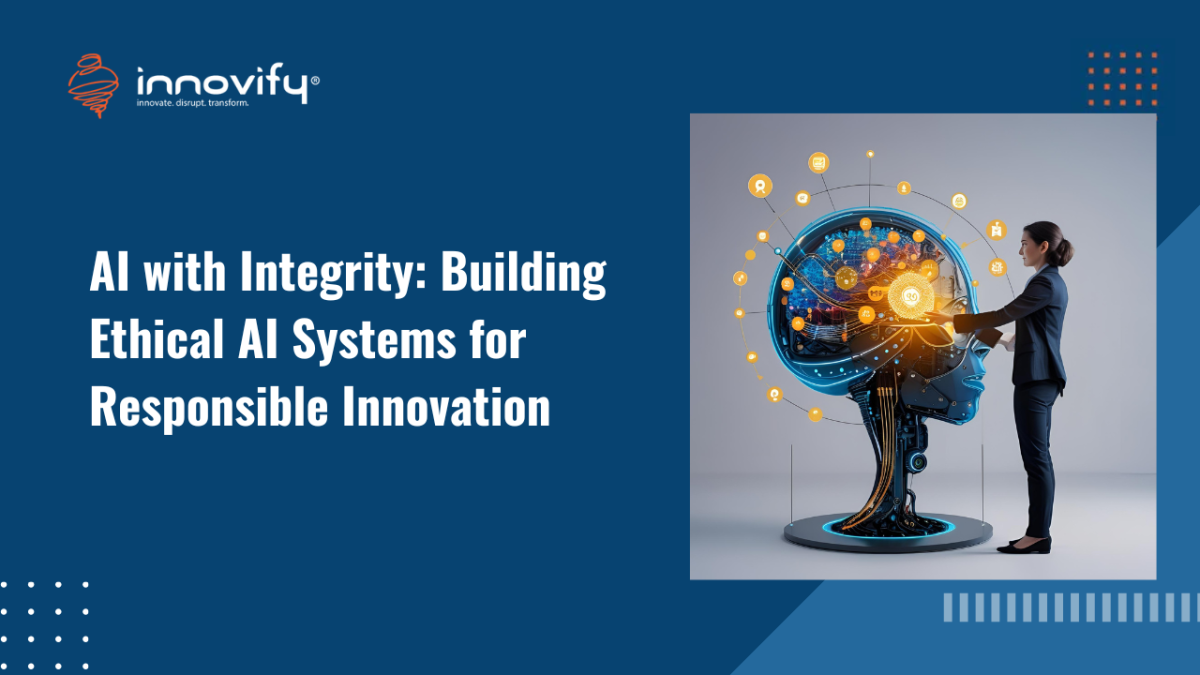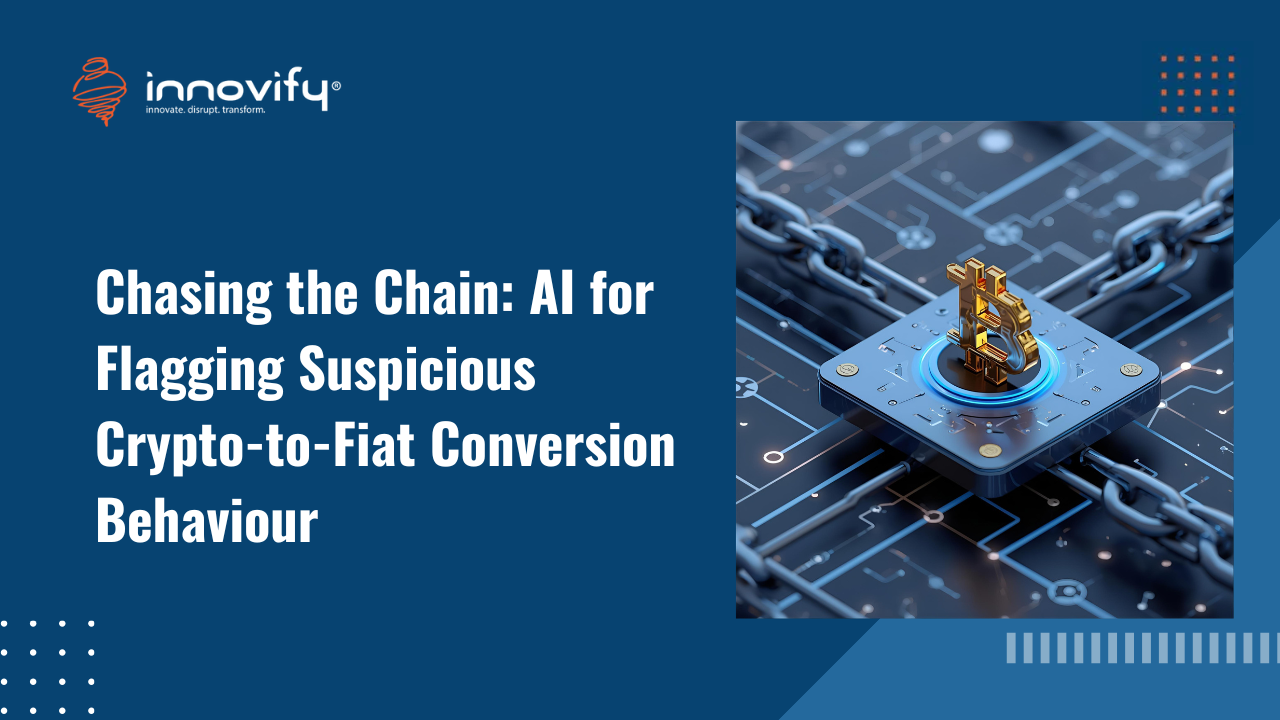AI/ML
AI with Integrity: Building Ethical AI Systems for Responsible Innovation
Building ethical AI systems: frameworks and considerations
Artificial intelligence holds immense promise for transforming industries and improving lives. However, as AI becomes more pervasive, so too do the complex ethical dilemmas it presents. Concerns about algorithmic bias, lack of transparency, privacy violations, and accountability gaps are no longer theoretical; they are real-world issues impacting individuals and societies. For organizations developing and deploying AI, simply building a functional system is no longer enough. The imperative now is building ethical AI systems: frameworks and considerations that ensure these powerful technologies are developed and used responsibly, aligning with human values and societal well-being.
The Urgency of Ethical AI
The consequences of neglecting AI ethics can be severe. Biased algorithms in hiring or lending can perpetuate discrimination. Opaque decision-making in critical applications like healthcare or criminal justice can erode public trust. Data privacy breaches stemming from AI models can lead to significant fines and reputational damage. Without a proactive approach to ethics, AI, despite its potential, risks exacerbating societal inequalities and becoming a source of widespread mistrust. This necessitates moving beyond reactive fixes to embedding ethical principles into the very core of AI design and deployment.
Key Principles and Frameworks for Ethical AI
Building ethical AI is not about a checklist; it’s a continuous journey guided by fundamental principles and structured frameworks:
- Fairness and Bias Mitigation:
- Consideration: AI models can reflect and amplify biases present in their training data. This can lead to discriminatory outcomes based on race, gender, socio-economic status, etc.
- Framework: Proactively identify and mitigate biases by ensuring diverse and representative training datasets, implementing bias detection tools, and regularly auditing model outputs for fairness across different demographic groups.
- Transparency and Explainability (XAI):
- Consideration: Black-box AI models that make decisions without clear reasoning can be problematic, especially in high-stakes domains.
- Framework: Strive for explainable AI (XAI) by choosing interpretable models where appropriate, documenting data sources and model development processes, and providing clear, understandable explanations for AI-driven decisions to affected individuals.
- Accountability and Governance:
- Consideration: When an AI system makes an error or causes harm, who is responsible?
- Framework: Establish clear governance structures, define roles and responsibilities for AI system owners, implement audit trails to track AI decisions, and maintain human oversight (“human in the loop”) for critical decisions. An AI ethics committee can provide cross-functional guidance.
- Privacy and Security:
- Consideration: AI often relies on vast amounts of data, much of which may be sensitive or personal.
- Framework: Implement privacy-by-design principles, minimize the collection of sensitive data, anonymize or pseudonymize data where possible, ensure robust data security measures, and comply with all relevant data protection regulations (e.g., GDPR, CCPA).
- Human-Centricity and Safety:
- Consideration: AI should augment, not replace, human capabilities, and should always prioritize human well-being and safety.
- Framework: Design AI systems to empower users, ensure they are safe and robust against adversarial attacks, and continually monitor for unintended consequences or potential societal impacts.
Practical Steps for Implementation
Translating these principles into practice requires a multi-faceted approach:
- Cross-Functional Teams: Involve ethicists, legal experts, social scientists, and diverse user groups in addition to data scientists and engineers from the outset.
- Ethical Impact Assessments: Conduct regular assessments throughout the AI lifecycle to identify and address potential ethical risks.
- Training and Awareness: Educate all employees involved in AI development and deployment about ethical AI principles and best practices.
- Continuous Monitoring and Auditing: Implement tools and processes to continuously monitor AI models for bias, drift, and performance, and conduct independent audits.
- Feedback Mechanisms: Create channels for users and affected communities to provide feedback on AI systems, allowing for iterative improvement.
Building ethical AI systems: frameworks and considerations is not an option; it is a fundamental requirement for responsible innovation. Organizations that embed ethics into their AI strategy will not only mitigate risks but also build trust, foster positive societal impact, and ultimately achieve more sustainable and meaningful success in the AI era. Ready to build ethical and responsible AI systems? Book a strategic discussion with Innovify.




